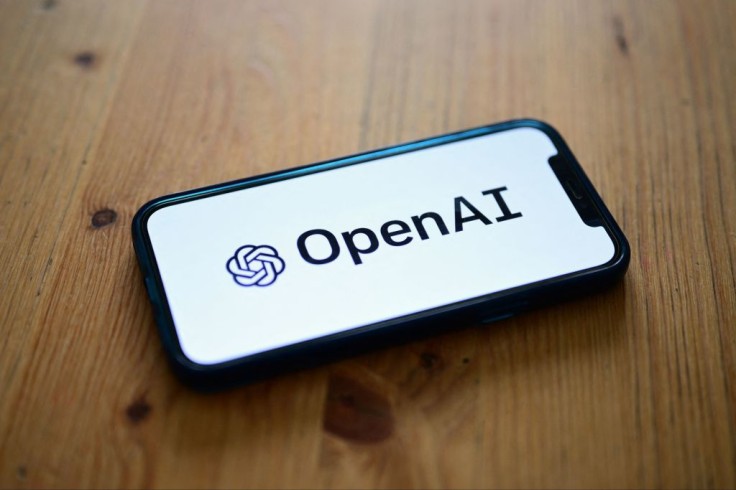Using generative AI nowadays often entails a certain degree of data privacy risks as AI firms collect information from their users to train their products.
With the current state of the digital landscape, it is not surprising to want to opt out of data collection when accessing chatbots like OpenAI's ChatGPT.

To secure your personal data's safety and privacy, here are some ways to limit OpenAI from collecting too much information while using ChatGPT:
Request for an Opt-Out
ChatGPT users are always free to opt out of OpenAI collecting their data by sending a personal privacy request.
This can be done by going to OpenAI's privacy policy platform where users can choose how much data ChatGPT can access and collect from them.
These include chat history, message logs, and account details that the company can use to train new models for its GPT model.
The request usually takes less than three minutes as most customer service is already automated.
Use Third-Party Data Protection
If the platform's built-in option is not enough to provide enough confidence in OpenAI's privacy policies, users can still choose to employ third-party data protection extensions to their browsers.
One good recommendation is the Conceal.io tool to hide other personal data that the platform may collect.
Using Conceal.io in addition to a VPN and a TOR browser is recommended to minimize the number of personal data accessible while online.
Related Article : Free VPN Apps Pose Huge Privacy Risks to Users, Forbes Warns
Use ChatGPT Offline
Yes, it is possible to set up ChatGPT offline. While using the chatbot disconnected from its cloud servers may hampers some of its abilities, an offline version ensures that no data is being sent to OpenAI directly.
These can be done through GitHub extensions available online. It is worth noting that attempting to create a functioning chatbot offline would require high-end hardware as it would require extensive computing.









